A version of this story first appeared in the July 3 issue of The Hollywood Reporter magazine.
Marvel is used to thinking in the biggest of terms. Its most recent movie, Avengers: Age of Ultron– produced at a whopping $250 million and pitting an ever-sprawling cast of superheroes (Iron Man, Captain America, Quicksilver and Scarlet Witch) against yet another apocalyptic threat – became the second-biggest movie of 2015 to date (behind only Furious 7), grossing nearly $1.4 billion globally. So Marvel Studios president Kevin Feige, 42, isn’t about to begin scaling back his ambitions: In October, he revealed what he calls Phase Three, a four-year plan of nine interconnected movies that the Disney-owned Marvel intends to roll out between 2016 and 2019 as it grows its Marvel Cinematic Universe (which, since 2008’s Iron Man, has grossed $8.5 billion from 11 movies).
A key piece of that plan was unveiled June 23 when Marvel and Sony Pictures jointly announced that after an extensive talent hunt, involving high-stakes screen tests in which the young contenders were filmed opposite established Marvel players like Robert Downey Jr. and Chris Evans, they’d picked 19-year-old British actor Tom Holland (The Impossible) to play Peter Parker and his superhero alter ego, Spider-Man. They also announced they’re entrusting the next Spider-Man movie, which is aiming for a July 28, 2017, opening, to a virtually unknown new director, whom Feige had championed: Jon Watts, whose sophomore indie feature, the thriller Cop Car, debuted at this year’s Sundance Film Festival. Holland will report immediately to the set of the currently shooting Captain America: Civil War, which Marvel has scheduled for a May 6, 2016, release and in which the newest Spider-Man will make his first onscreen appearance.
But, first, for its next act, Ant-Man, the final installment in Phase Two, Marvel deliberately is thinking smaller. Paul Rudd, 46, best known for playing likable guys in such off-kilter rom-coms as This Is 40 and I Love You, Man, is stepping into the Ant-Man suit to shrink down to the size of a picnic-pooper. And this time, instead of a cataclysmic battle to save the world, the climactic showdown takes place among a little girl’s play set. After the superheroics of Ultron, Ant-Man director Peyton Reed likens the new movie, which hits theaters July 17, to “a palate cleanser.”
But though Ant-Man, which cost $130 million, may be a more modest bet for Marvel, it’s no less of a risk, already having survived lots of behind-the-scenes drama. In May 2014, Marvel and British director Edgar Wright – who’d been attached to the project since 2006, co-writing a screenplay with Joe Cornish – hit an impasse. Fanboys, who loved the quirky sensibility Wright had brought to movies like Shaun of the Dead, were outraged to learn he was off the movie. Admits Feige, “There were all these stories, the evil studio is crushing dreams and creative visions.” Adding to the pressure as Marvel moved quickly to try to keep Ant-Man on track was the fact that other studios, most notably Warner Bros., were taking a cue from Marvel’s playbook and attempting to build their own competing universes of interrelated movies. But after Rudd and his Anchorman director Adam McKay volunteered to rewrite the screenplay, Reed (Bring It On), who nearly had been tapped to direct last summer’s Guardians of the Galaxy, quickly was drafted to take over the reins. Just a little more than a year later, as the Ant-Man release (and Comic-Con, which Marvel Studios is bypassing for the first time since 2011) approaches, Rudd and Feige sat down together with THR at Marvel’s offices on the Disney lot to look back at the experience as well as look ahead to where Marvel goes next, including its deal with Sony to share Spider-Man in upcoming movies. “Ant-Man is the movie that closes out Phase Two,” says Feige. “But the truth is, there’s so much in Ant-Man that all plays into Phase Three.”
Why isn’t Marvel going to Comic-Con this year?
KEVIN FEIGE It was just timing. We had done that [media] event in October, when we announced so much. Everyone knows what we’re doing over the next few years. I really have a belief: If you can’t go to Comic-Con and overdeliver, then don’t go.
Back in 2006, you announced Iron Man, Hulk and Ant-Man as your initial trio of movies. But then you moved on to Thor, Captain America and Avengers. Why did Ant-Man get sidelined?
FEIGE That Comic-Con 2006 was less than 10 frickin’ years ago, but it feels like 50 years ago. That was the first time we had ever gone as our own studio. That Comic-Con was really about us trying to show people we were serious. But it’s not quite accurate to say that Ant-Man has been actively in development for all that time. Edgar [Wright] had done a draft, and then nothing happened for two or three or four years. Then he’d do another draft, and another two to three years would go by. It wasn’t until two years ago, we said, “Hey, let’s make this movie.”
So why do Ant-Man now as opposed to one of the other characters?
FEIGE If the stars had aligned, we would have made it earlier. Ant-Man will be our 12th Marvel Cinematic Universe film. Even when we had done only five or six, it was very clear that Ant-Man was going to be slightly different. It was an opportunity to tell a more intimate story. We’ve never had a hero whose origin involved him having a daughter as a motivating factor for his redemption. And when you’ve had aliens pouring into Manhattan, artificial intelligence robots lifting cities out of the ground to annihilate mankind, supersoldiers, Norse gods and dark elves, there’s a lot of action going on. So the notion of shrinking down, to have an arena that is not another city or an entire planet or a fictional place like Asgard but is a bathtub, or is a rug, or is a little girl’s play set – that felt like a great opportunity to deliver Marvel’s thrills and action in a totally different way.
Paul, while this was being developed, you were busy doing a lot of comedies. Had you asked your reps to get you a Marvel movie?
PAUL RUDD No, but I rarely have those kind of discussions with my representatives about anything. I don’t have an agenda where I do a comedy and say, “I have to do a drama next,” or “I am looking for an action movie now.” The Marvel world wasn’t anything I thought about seriously because I guess I never imagined I’d get hired.
FEIGE We honed in on Paul relatively early. A very high bar has been set with Robert Downey in Iron Man. That idea was, find the best actor for the part, regardless of whether they’ve been in a movie like this before. Great actors, charismatic actors, who can connect to the audience on a deeply emotional and on an entertaining, charismatic level and also be able to pull off the action and look cool in a suit – the inherent likability you can’t train for, and Paul has that.
Paul, is a Marvel movie different from signing on to do some other movie since you know the character will appear in other films?
RUDD What’s different about it is that it’s a character who’s joining a universe that exists throughout several movies, and that’s like nothing I’ve ever done.
So how many movies is Paul signed for?
FEIGE It was multiple, like every movie nowadays. Three is the minimum. But I think it’s three-plus-plus to appear in other things.
Let’s talk about what happened last spring. Kevin, you decided the script wasn’t right. But other studios have been in the same situation and decided to move forward anyway.
FEIGE Well, we’ve done that before, and sometimes that can work, and sometimes it’s more difficult. But with Edgar, it was mutual. People said, “You guys have been working together for 10 years; why did you only figure it out a couple of months before you started filming?” But that’s really not true. We’d been working on it for about nine months, maybe a year at most. And it became apparent to him and to us that the best thing to do was to move on. But because Edgar has a fan base and Marvel has a fan base, there’s good and bad that comes with that high profile. And one of the bads is that internal decisions and shuffles get headlines.
Paul, did you think the movie was falling apart?
RUDD Kevin assured me that it wasn’t. And within days, I was here sitting in offices right down the hall, kind of formulating the next steps, meeting new directors.
Why did you and Adam McKay then decide to rewrite the screenplay yourselves?
RUDD When we were talking about other directors, Adam came in. He’s a friend of mine. We talked about some things in that meeting, and then walked outside, and Adam and I spent 20 minutes or so in the parking lot talking about possibilities. It felt like we were building room additions on a house that Edgar and Joe had done.
The movie’s really about fathers and daughters. Was that something that was always there?
FEIGE That was there. I think they enhanced it in many ways. But that goes back to the comics — the relationship between Scott Lang and his daughter, Cassie, is key to his origin in the late ’70s in the comics. And the addition of Hope Van Dyne as Hank Pym’s daughter is something that was in those early drafts from Edgar and Joe in the beginning.
RUDD These two guys are birds of a feather in many regards. If Scott is experiencing some of these things with his daughter, Hank can be maybe a few steps ahead of the game, but have the same kind of dynamic. It just seemed like interesting parallel stories to focus on, this idea of struggles that parents and kids have.
11 Roles You Probably Didn't Realize Marvel Stars Also Played
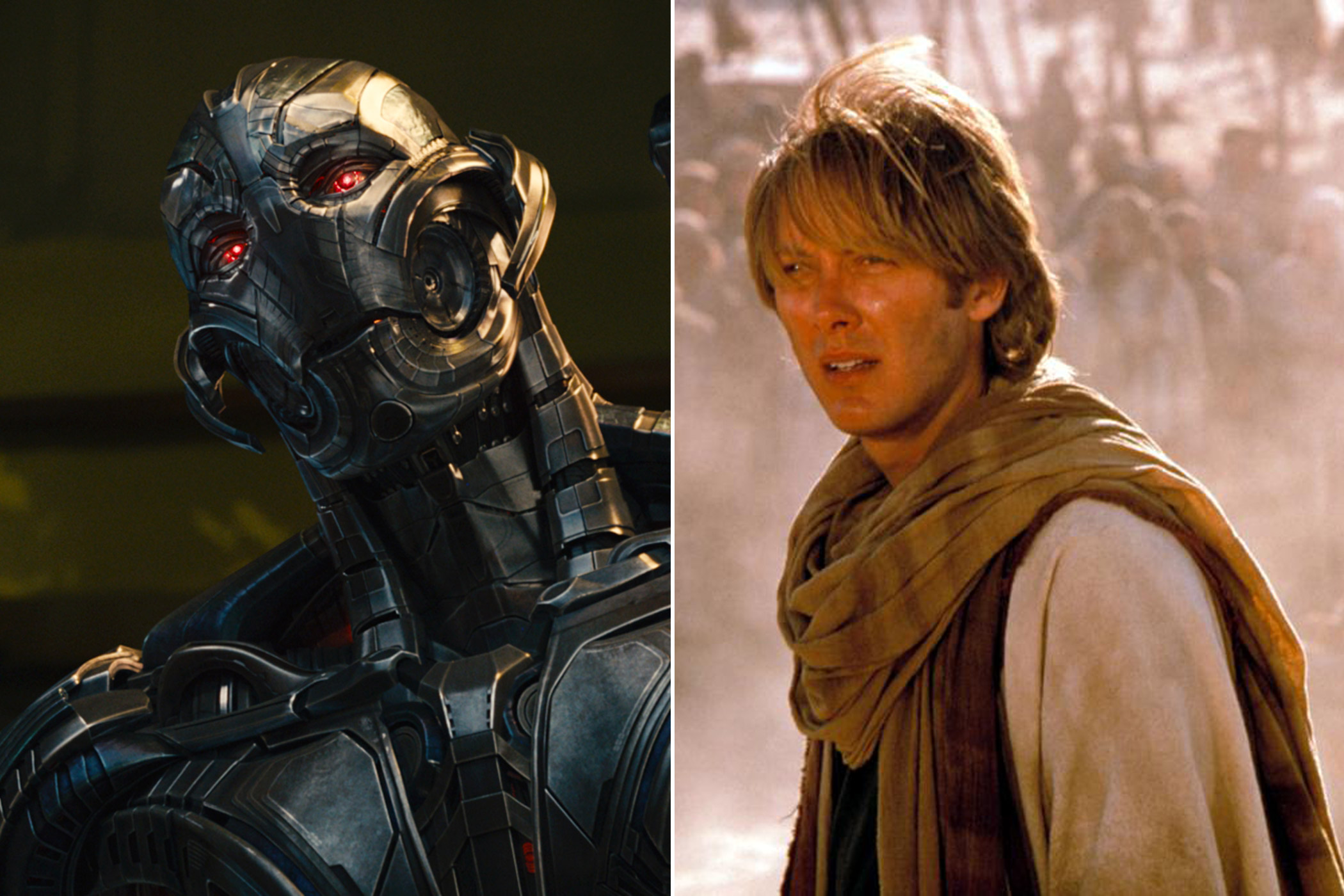
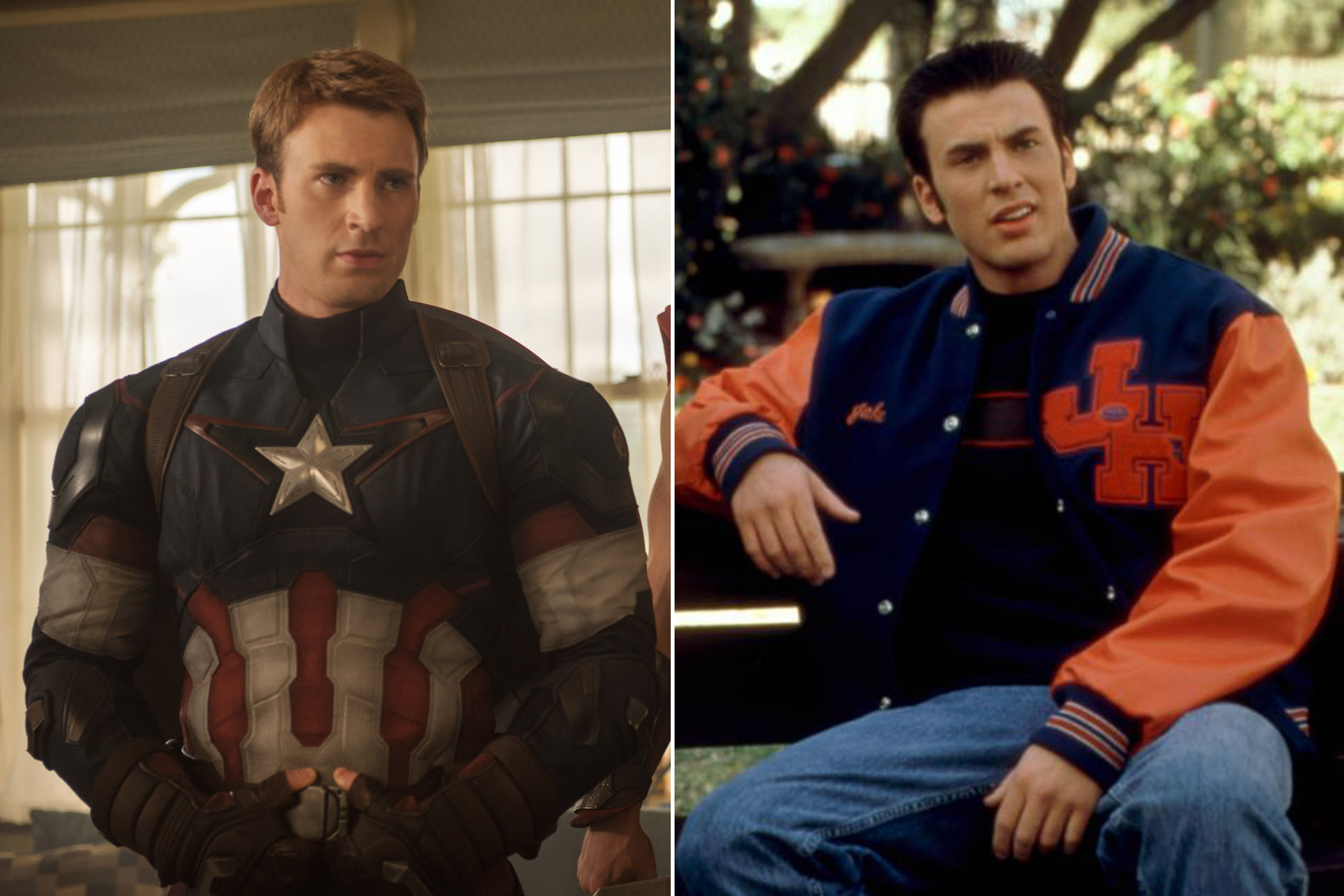

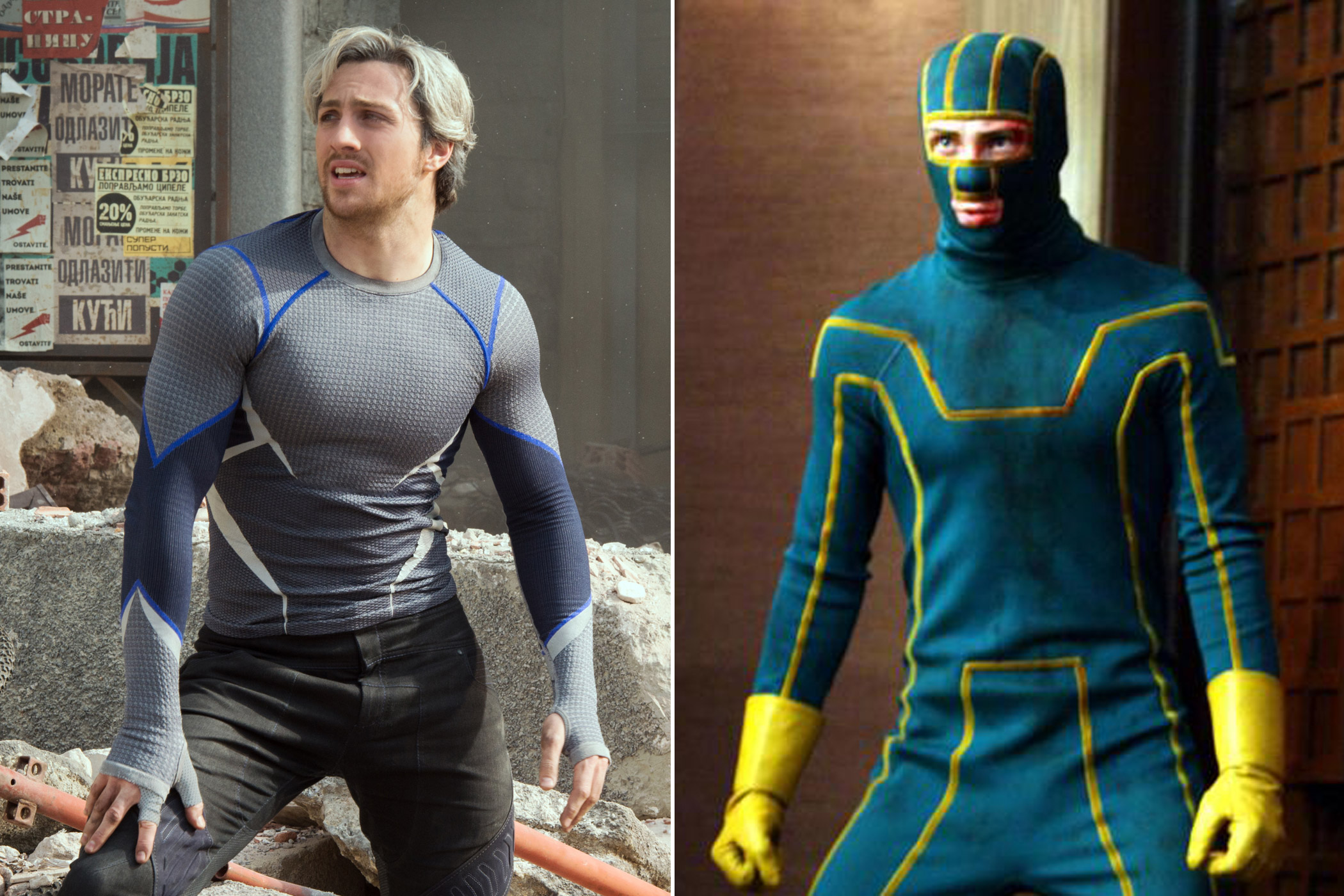
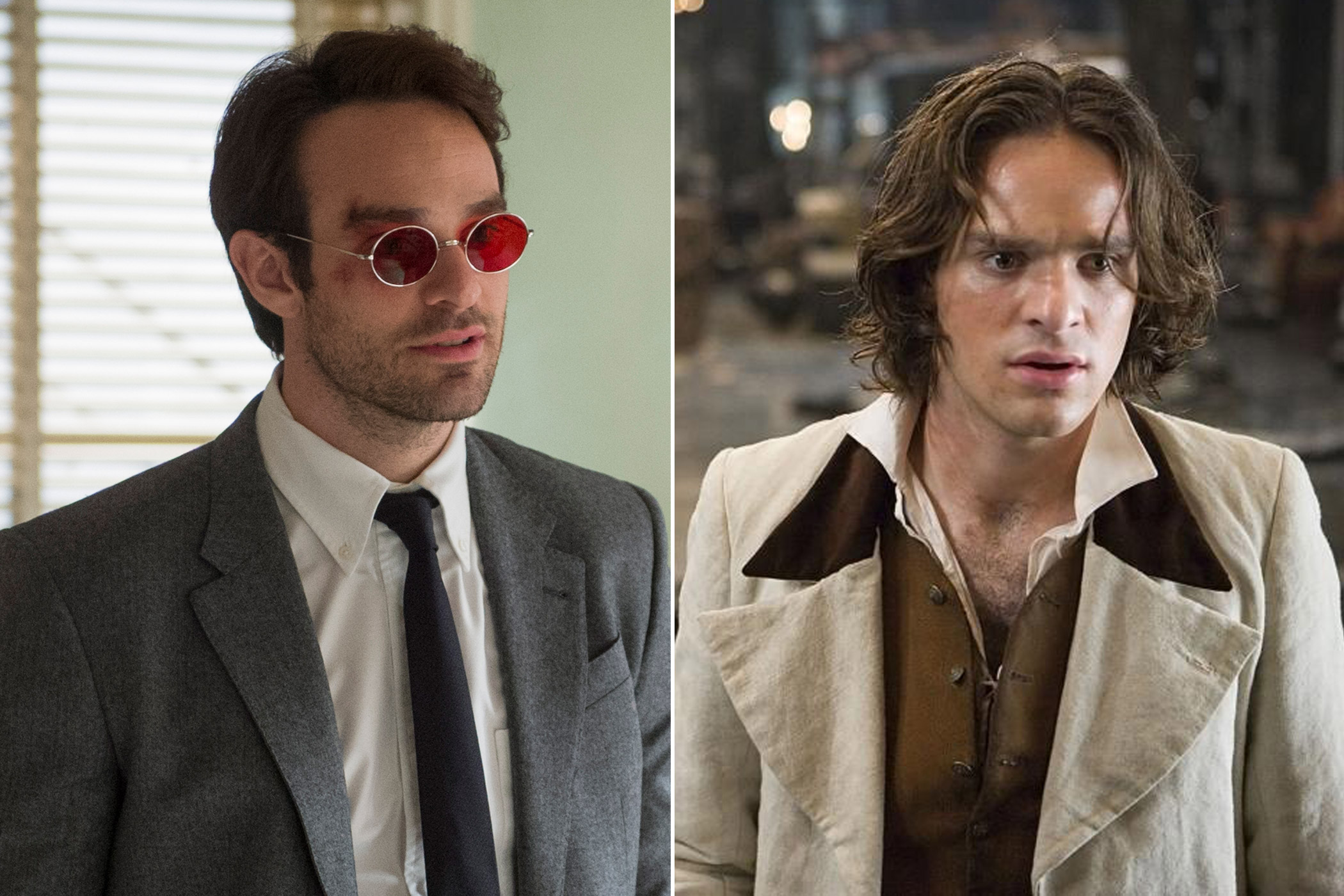
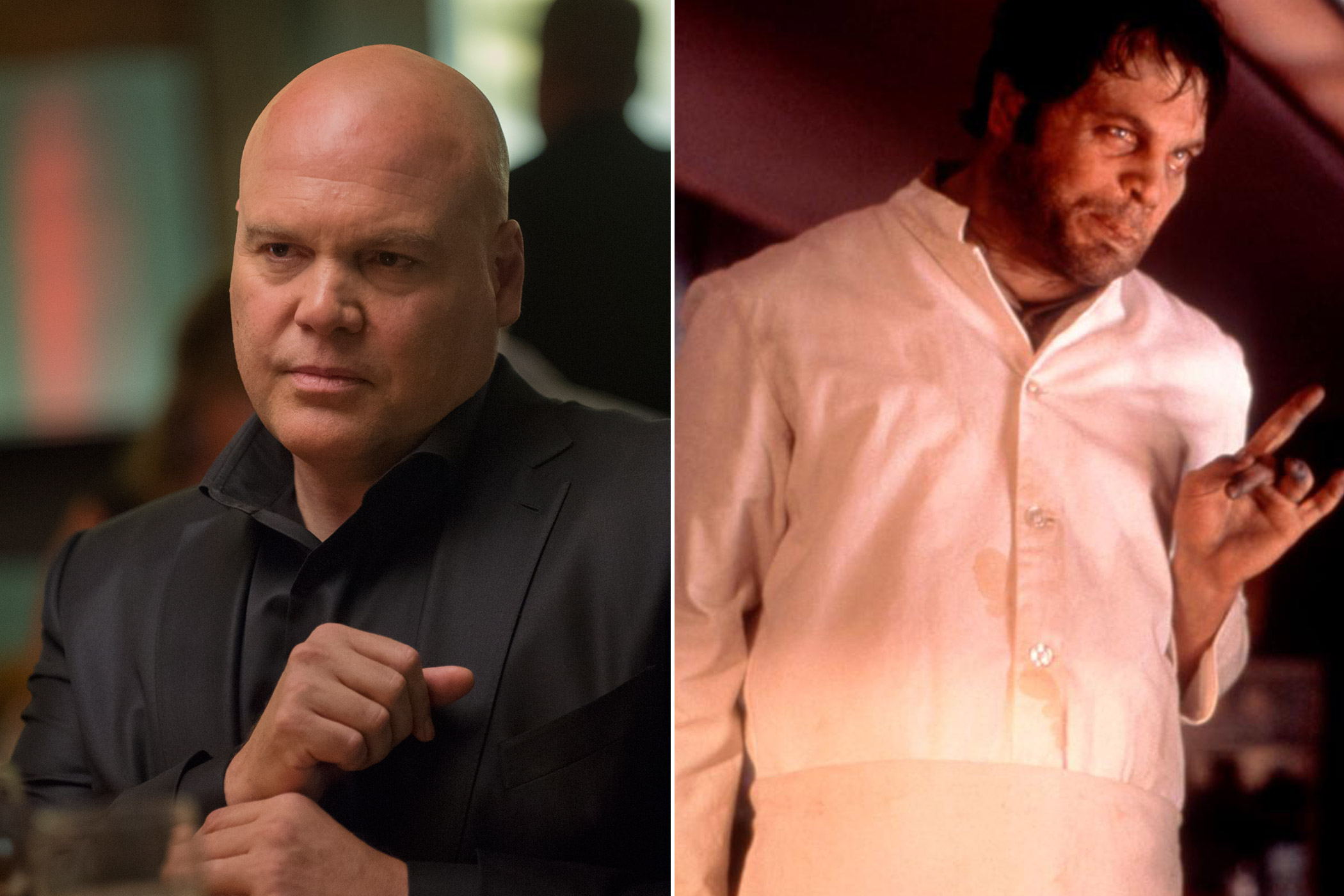
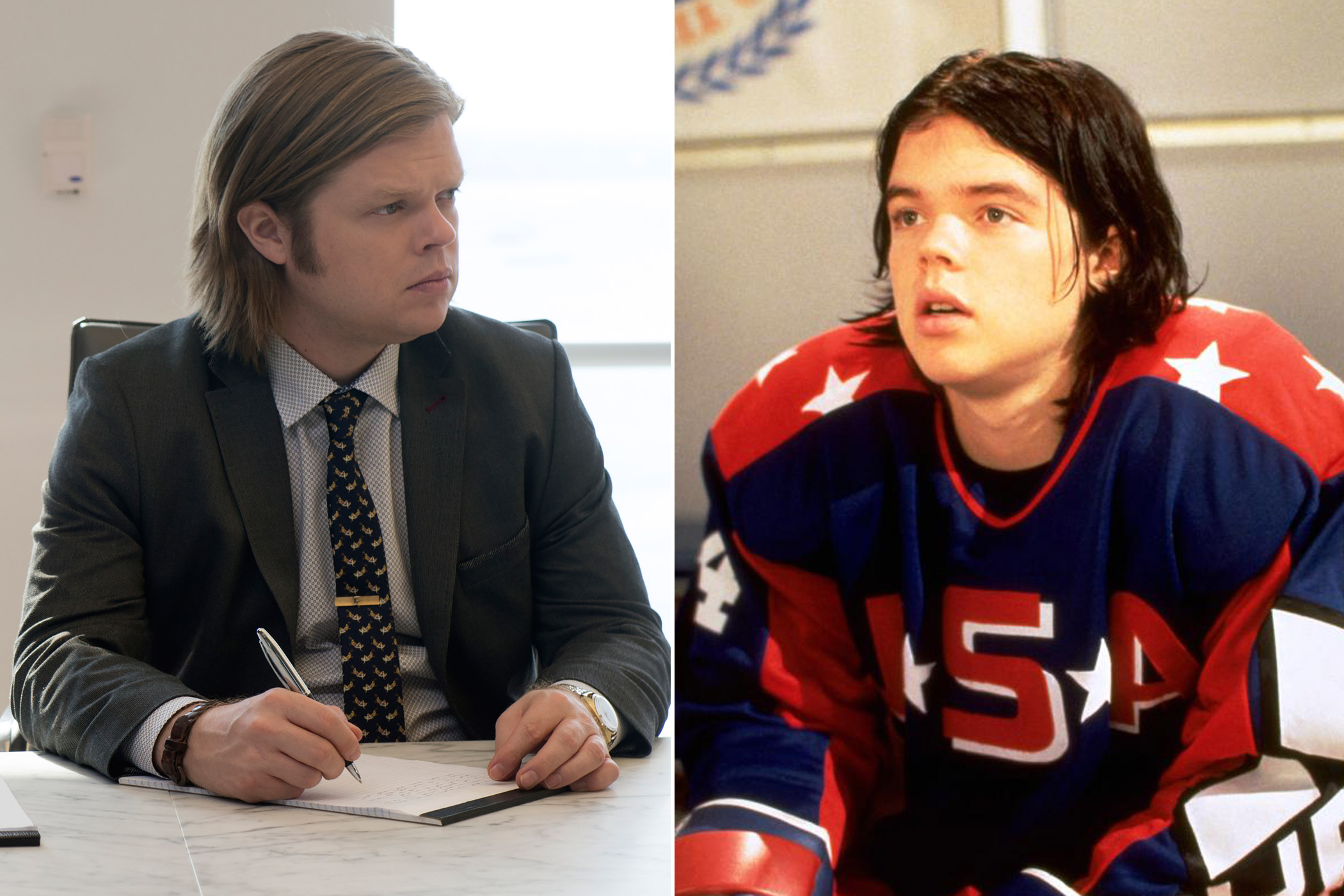
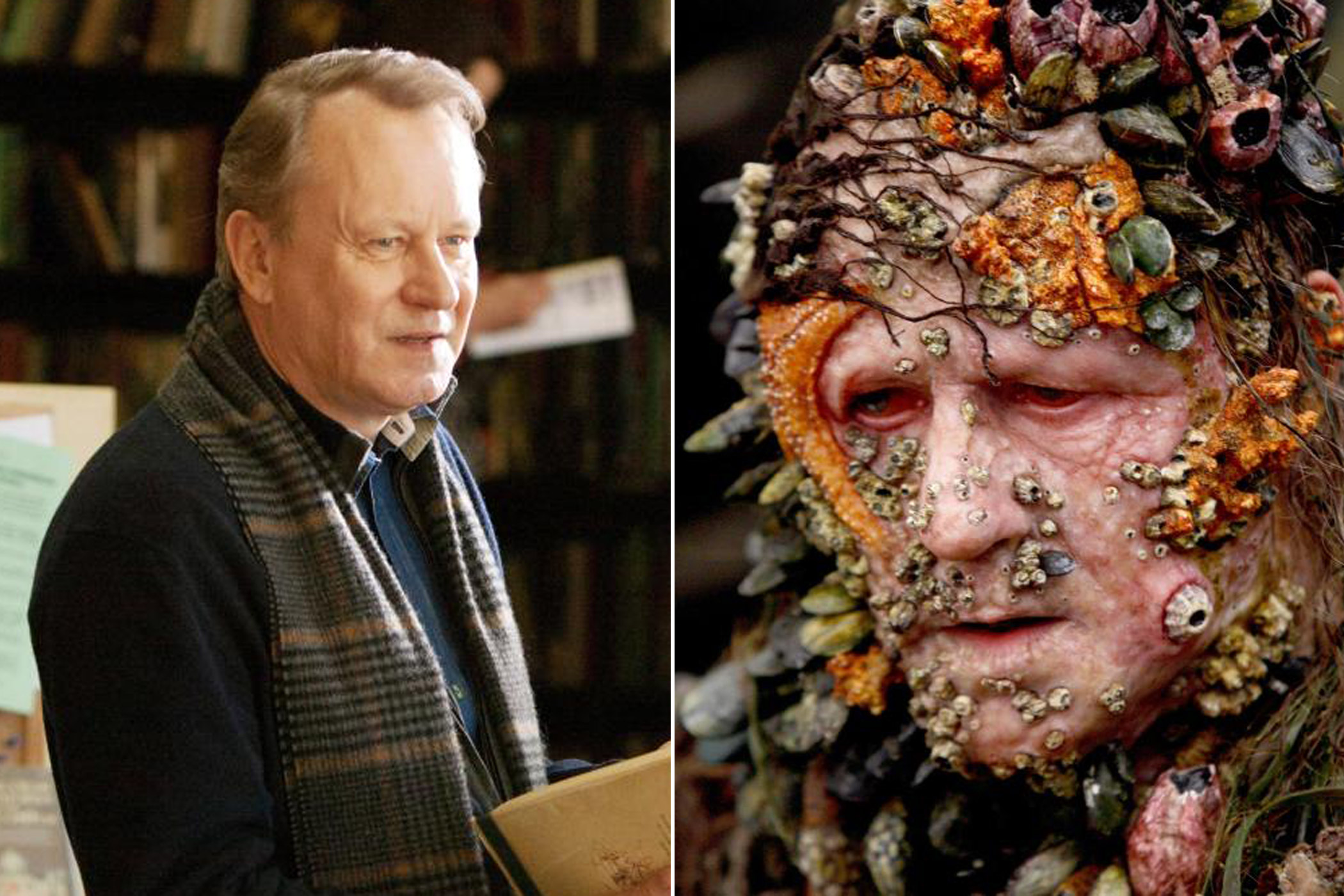
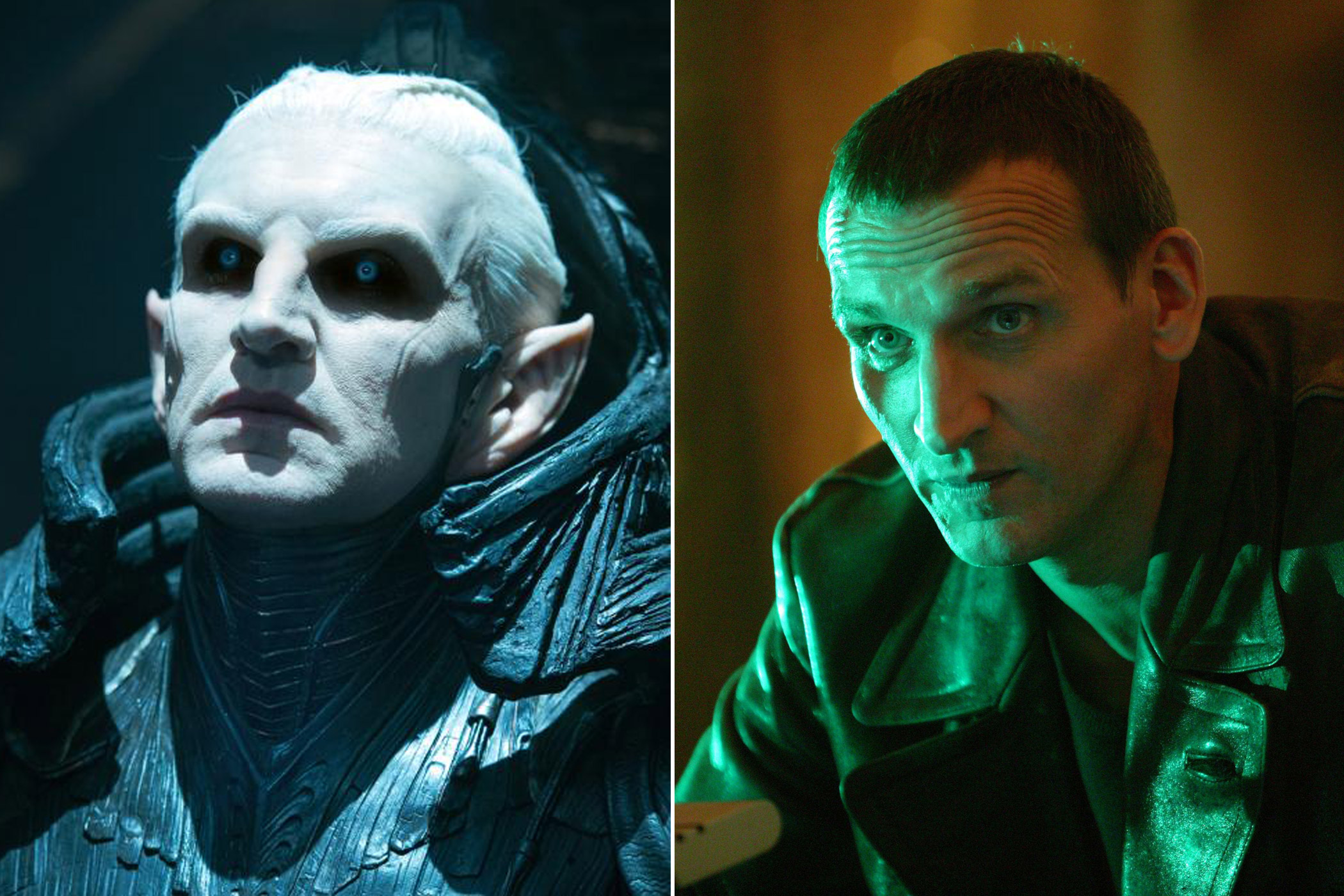
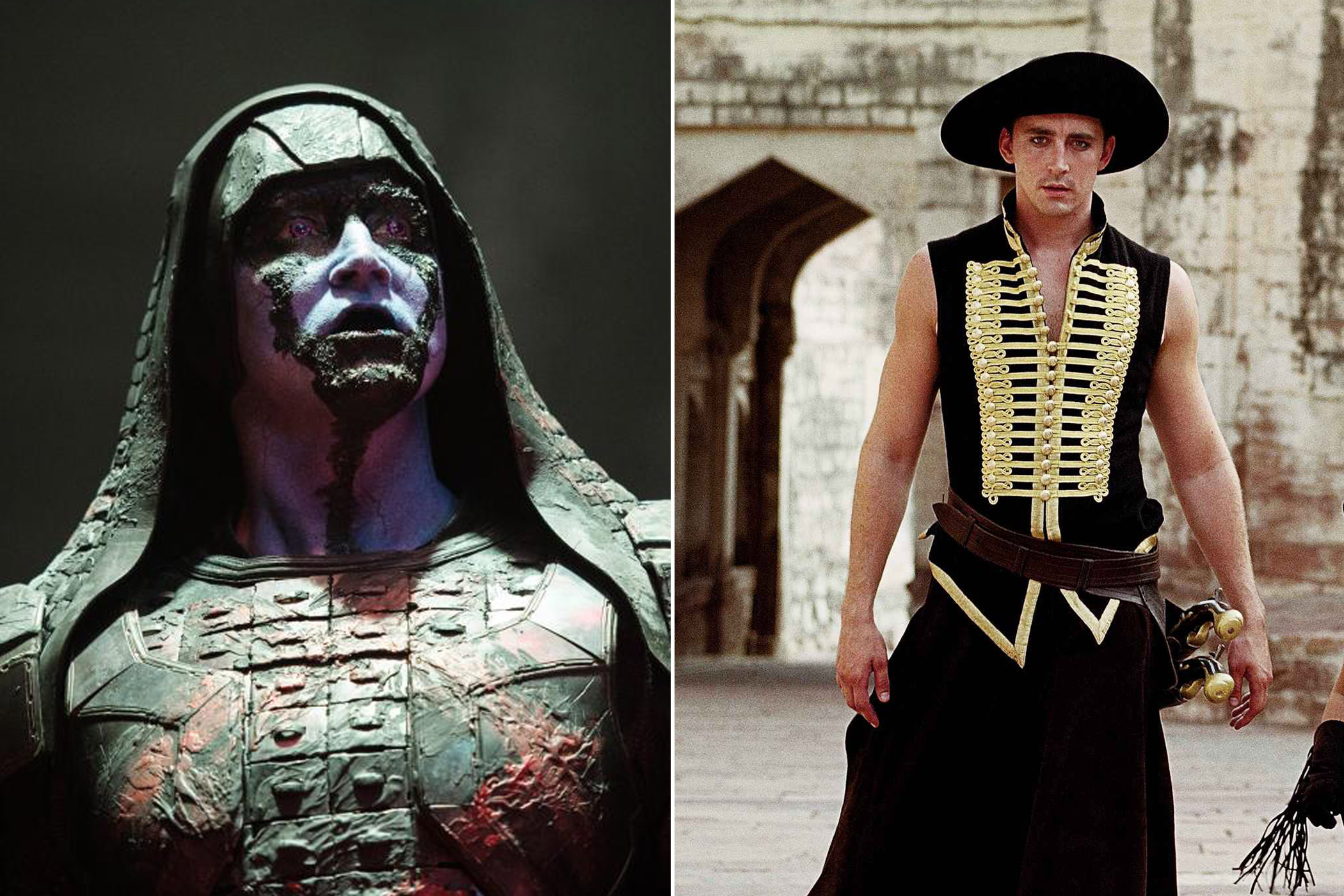
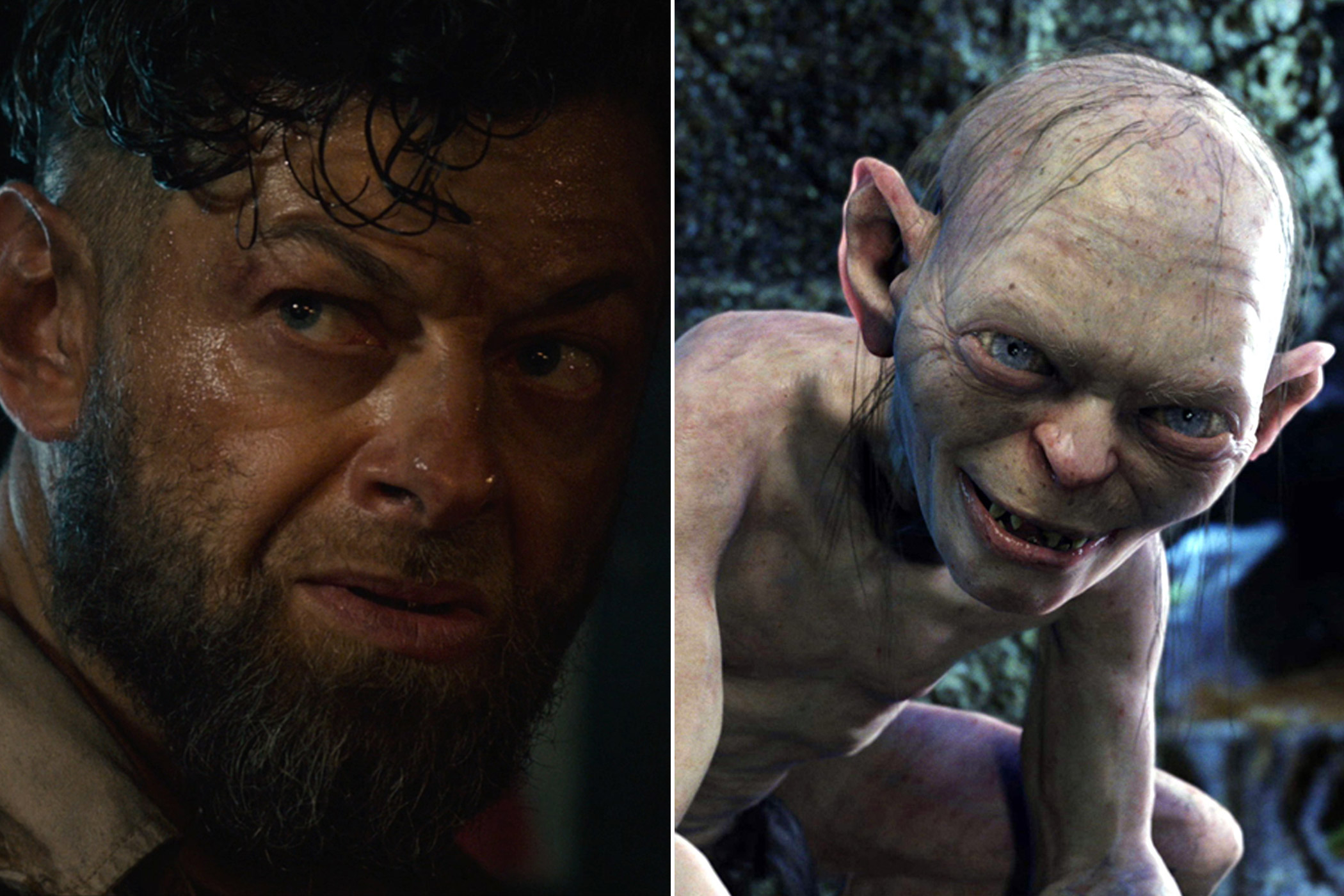
Maybe because of those family themes, it feels like a Disney movie as much as a Marvel movie.
FEIGE Probably, but there certainly wasn’t any intention of making this any more or less Disney than any of our other movies. The relationship with Disney has been unbelievable, going back toIron Man 2 and then to Avengers, which is the first one they marketed and distributed.
When you’re working on a movie like Ant-Man, when does Disney know exactly what you’re up to?
FEIGE They know from the very beginning. [Walt Disney Studios chairman] Alan Horn and [Disney chairman and CEO] Bob Iger know from the start, and read drafts and certainly know all the moves that we’re making and watch early cuts.
How often do you talk to both of them?
FEIGE It varies. I talk to Alan more than Bob. But it varies – a few times a week.
And how do you strike a balance between Ant-Man being a stand-alone movie and also having connections to the other movies?
FEIGE Ant-Man is one of the best examples of how a movie can do both. It’s absolutely a stand-alone film about Hank Pym and Scott Lang, but it is within this universe.
RUDD Essentially, this is a heist film, and if you look at the structure of heist films, there is always a test run and the test run fails. In talking about what could be a good test run, we were just playing around with conversations and thought, “Oh my God, what if he actually fought an Avenger?” We started getting really giddy about this idea. It seemed like that would be a fun way to incorporate the universe into this film.
Is there some secret room here where there’s a big map of how all these movies inter-relate?
FEIGE There’s various rooms. Occasionally, we’ll bring out boards. But it’s become second nature. So it’s sort of spread out amongst the rooms of the brain trust here.
Do you keep a bible of how all the movies are connected?
FEIGE People think we have a whole big story, but really what we are doing right now is producing 10 individual stand-alone movies that have to work and play on their own. Our sandbox is full of Marvel characters, so it makes sense to pull from that. So that often happens. We need a character to get from A to B. Should he encounter a policeman? Should he encounter a banker? Should he encounter another superhero? It just opens up our creative avenues to explore and to tie them together.
Peyton Reed hasn’t directed anything like this before. Why did you turn to him?
FEIGE When I was a lowly man on the Marvel totem pole many years ago, he was attached to direct a version of Fantastic Four at 20th Century Fox. That version of the movie didn’t end up going forward. Peyton came very, very close to doing Guardians of the Galaxy for us. So when this came together, he ended up coming in and was 50 percent very enthusiastic to do a movie with us and 50 percent skeptical, but he read all the drafts and heard some of the new ideas we were already talking about with Paul and with Adam. Thankfully, he signed up.
Warner Bros.’ Greg Silverman told THR that the difference between the DC/Warners movies and Marvel movies is that Warners allows directors to fulfill their visions. How do you respond?
FEIGE My response is: Look at the movies. Iron Man and Iron Man 2 are as Jon Favreau films as you can see. Kenneth Branagh has his stamp all over Thor. Captain America: First Avenger is very much a Joe Johnston film. The greatest example of that, look at Guardians of the Galaxy with James Gunn. And the one I always point out is Avengers. We knew the general structure when we sat down with Joss [Whedon]. But I don’t want you to think we gave him a story. We gave him a “Here’s where we think the movie should start, here’s where we think this character should come into it; it would be fun if something like this happened in the middle and in the end a hole opens up and aliens pour out into Manhattan.” So arguably, there were many pieces in place, and yet now that everyone has seen the movie, it’s completely a Joss Whedon film. He was able to take all the elements that were handed to him – that were studio-imposed, if you want to look at it that way – and make it his own. We wouldn’t have hired any of the filmmakers we’ve hired if we just wanted somebody who would do what we say.
Paul, did you have to train for Ant-Man? In This Is 40, you had more of what’s now being called a “dad bod.”
RUDD [Judd] Apatow made me gain weight for that. He was sending me food. So, yeah, I went the opposite way for this. Besides just working out with a trainer and weights, I also worked with a gymnast. I knew I was going to have to do rolls and flips and things like that. I just wanted to be as convincing as possible.
Did you get any type of CG assist? Because you’re looking pretty cut in the movie.
FEIGE You mean when Paul has his shirt off? No, it’s all him.
RUDD (Laughing.) That’s right.
How does Ant-Man fit into what you call the Phase Three cycle of Marvel movies?
FEIGE It really is the movie that closes out Phase Two. Phase One ended with Avengers. So some people thought that Phase Two would end with an Avengers film. But the truth is, there is so much in Ant-Man: introducing a new hero, introducing a very important part of technology in the Marvel universe, the Pym particles. Ant-Man getting on the Avengers’ radar in this film and even – this is the weirdest part, you shouldn’t really talk about it because it won’t be apparent for years – but the whole notion of the quantum realm and the whole notion of going to places that are so out there, they are almost mind-bendingly hard to fathom. It all plays into Phase Three. It became very clear that Ant-Man is the pinnacle and finale of Phase Two and Captain America: Civil War [May 6] is the start of Phase Three.
You laid out the framework for Phase Three in October – how much room do you give yourself to move it around?
FEIGE Well, we already shifted once. Spider-Man wasn’t part of that announcement when we made it in October. So there’s always room to shift. But since we shifted the release dates a couple of months ago when the Sony agreement was announced, that’s the plan we’re very much headed toward, with Civil War being the first part of that. We go into production on Doctor Strangein November. The next Guardians of the Galaxy starts shooting around February of next year. The Spider-Man film soon after that. The third Thor film right about the same time. And we’re already beginning to prep: We’ve announced the writers and directors [Anthony and Joe Russo] for Avengers: Infinity War 1 and 2.
Other studios now are copying the Marvel game plan, trying to create their own universes. Is it getting too crowded?
FEIGE For the most part, that’s been the case since 2003. There was Iron Man, there was Hulk, Punisher – maybe that was 2003 – Daredevil, Fantastic Four, Iron Man 2, Spider-Man 3. There really has been three or four a year almost every year that I’ve been working here. And I feel the same way I did then. We’re just going to continue doing what we’re doing. We can’t control what other people do. We can get excited about it when [other studios’ films are] good and root for them. Because the more of these films that are successful, the more audiences are going to be excited for the next one, especially if they are not delineating between the universes. And as long as ours are distinct – not from everything else because I don’t know what everybody else is doing – but from each other, I think our plan that we outlined last October represents a very clear and exciting four-year plan.
After Civil War, how much will Marvel be involved in Sony’s Spider-Man movie?
FEIGE Well, we’re producing it for Sony. It’s exciting, and we’re treating it like we treat all of our films. To try to make the best version now of Spider-Man and a version of Spider-Man that inhabits this universe that we’ve created. We’re in lockstep with [Sony Motion Picture Group chairman] Tom Rothman and [producer] Amy Pascal at every turn.
So some of your Marvel characters will show up in the Sony Spider-Man movies?
FEIGE Specifics of the story aside, the agreement that has been made between Sony and Marvel is that we could do that.
Do you risk giving up any of your autonomy by working with Sony?
FEIGE Without getting into the contracts, it’s definitely a Sony picture, produced by Marvel Studios. We’ve been working with each other for a number of months now. It’s been just as healthy as any of our internal discussions. We just look at it as having additional team members. We wouldn’t want to do it if we couldn’t do it in the way we’ve done all the other movies, and I think that’s what Sony wants from us.
How far away are you from picking directors for Black Panther and Captain Marvel?
FEIGE I think by the end of the summer, we’ll have most of those things. Black Panther especially.
Do you feel pressure to find a black director for Black Panther or a woman for the female superhero movie Captain Marvel?
FEIGE It’s an issue across the industry, for sure. And the issue is, we need to find the best director for any given movie. And that’s really where we always start. If diversity is part of that, it’s great. It’s important. You will start to see things across the industry as a whole change as more filmmakers come up through the ranks and become part of making movies like this.
Would you have liked to have had a woman director on one of these movies by now?
FEIGE I think it will happen sooner rather than later, without giving too much away. But you look back sometimes, and it’s just the nature of this industry, or the nature of the culture. But there’s a big shift happening. What’s exciting about Marvel, go back and look at the source material: It’s been diverse in a cutting-edge way going back to the ’60s, and I think we’ve represented that effortlessly and accurately in the movies we’ve made up to this point, but certainly with Black Panther and Captain Marvel doing it in a much more overt and purposeful way.
Ava DuVernay has been mentioned as a director for Black Panther. Is she under consideration?
FEIGE We’ve met with her for sure. We’ve met with a number of people for a number of movies. She has been one of them.
Looking to the future: Robert Downey Jr. has hinted his days as Iron Man might be numbered. If for some reason one of your actors doesn’t continue in the movies, do you recast or simply retire the character now that you’re developing new members of the Avengers?
FEIGE Thankfully, I’m not going to be faced with that decision for many, many years because we have everybody locked up and planned out for as far as any studio has movies planned. But one day, it will be a combination. It will be a combination of choosing which characters to continue on with and explore and which to bring in, as we’re doing with Captain Marvel and Black Panther. And certainly to recast in some way or another – as we’ve already done in certain cases. Certainly many other franchises have reached that milestone before we have and done that with great success.
See How Marvel's Wolverine Has Evolved Over The Years
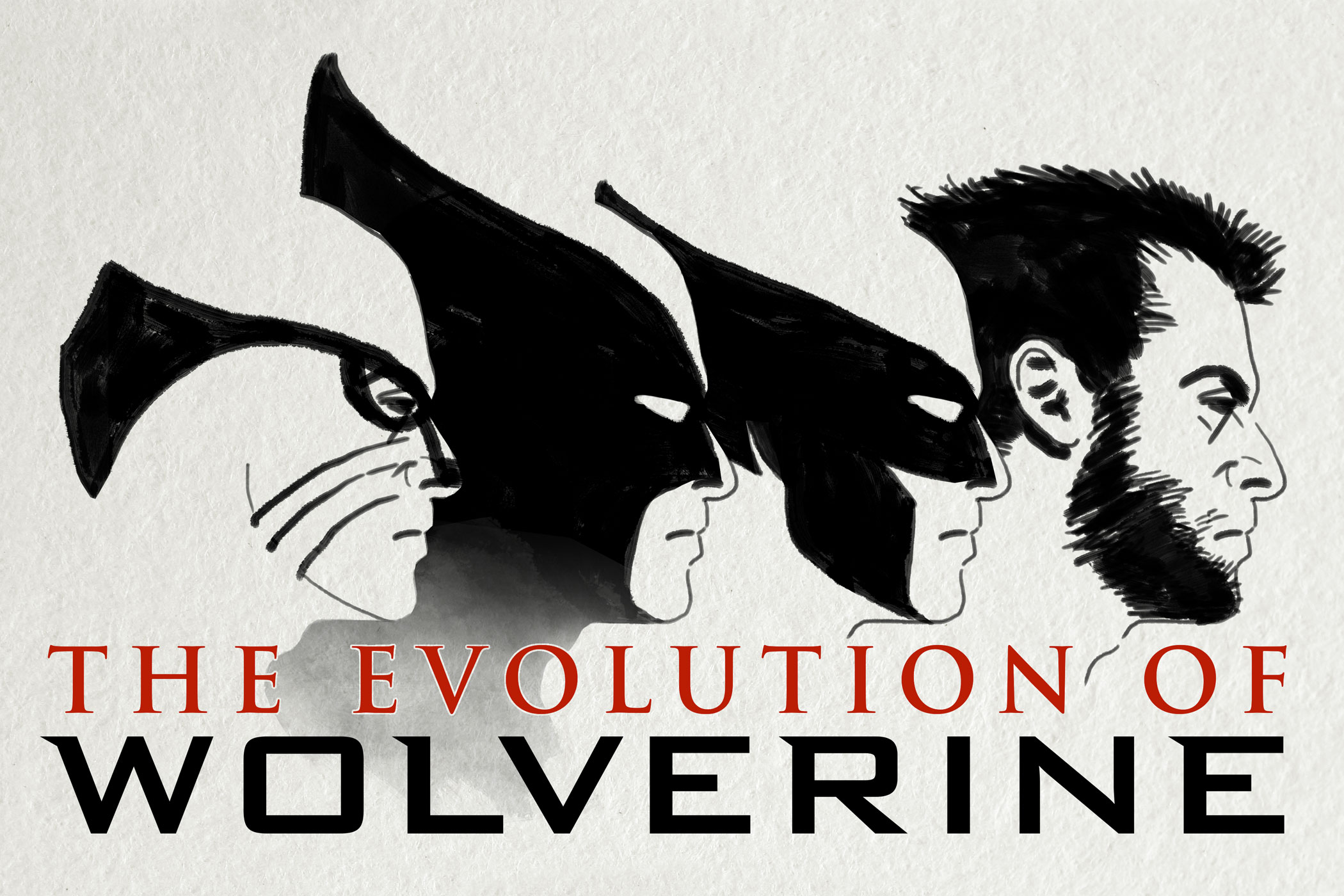
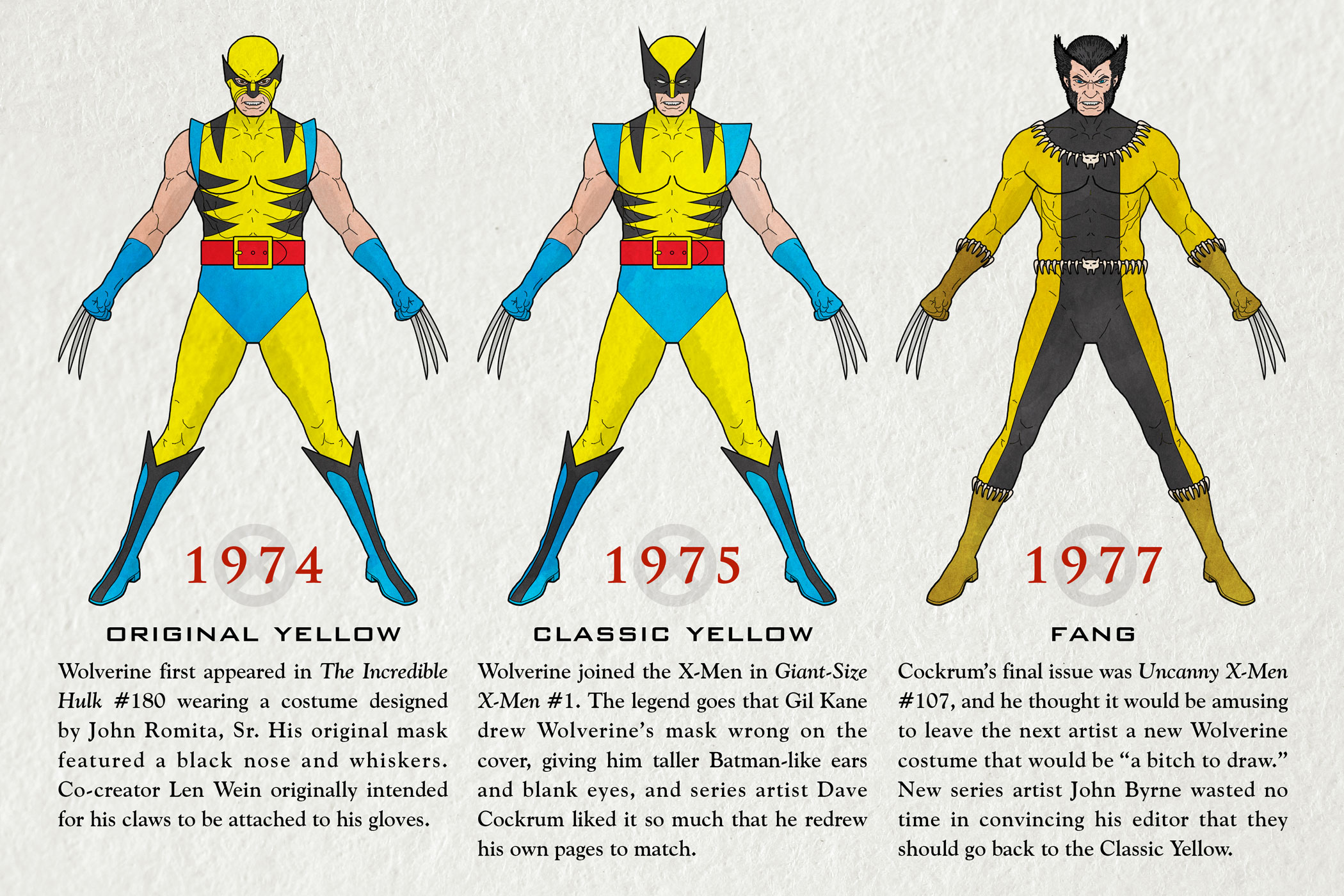
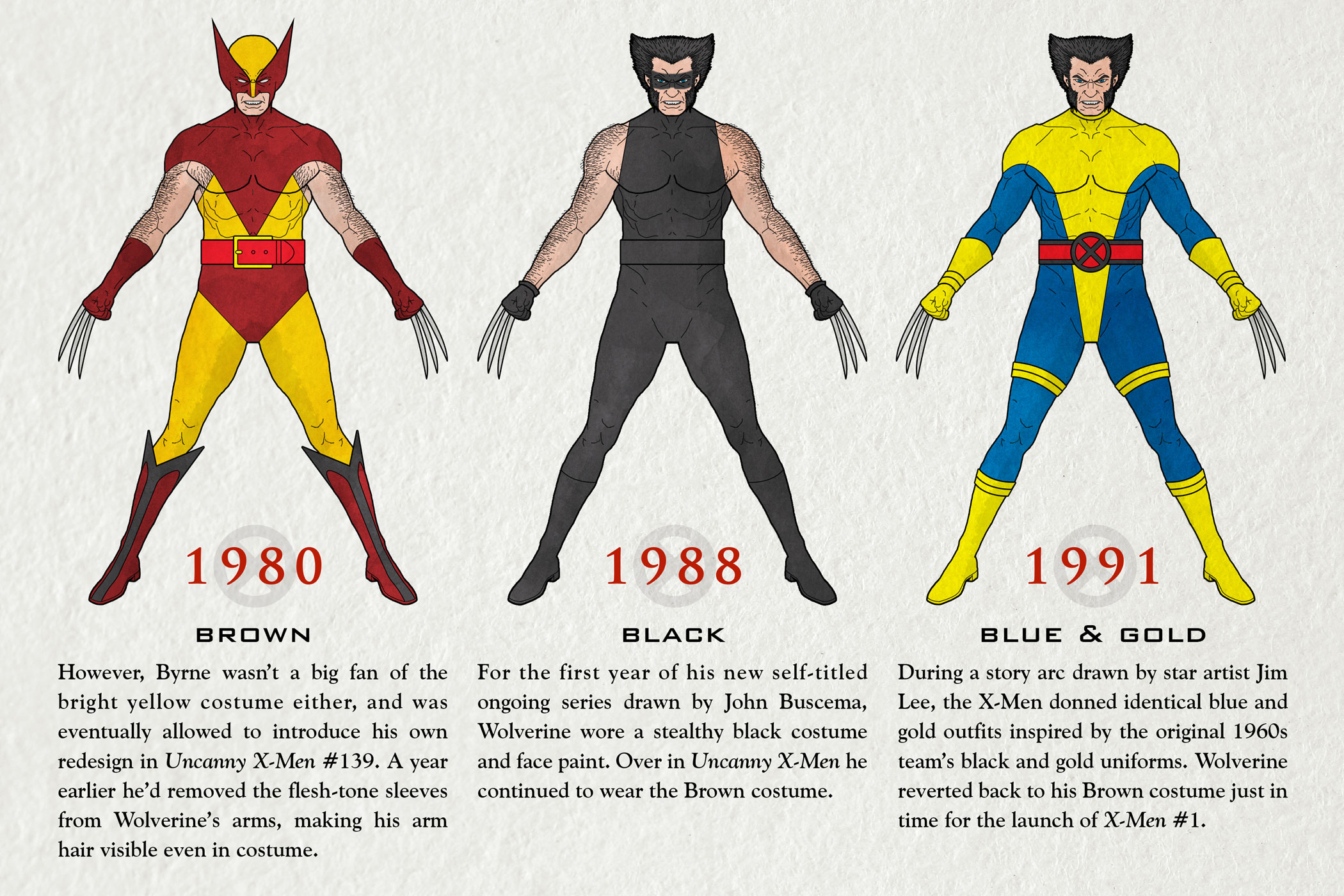
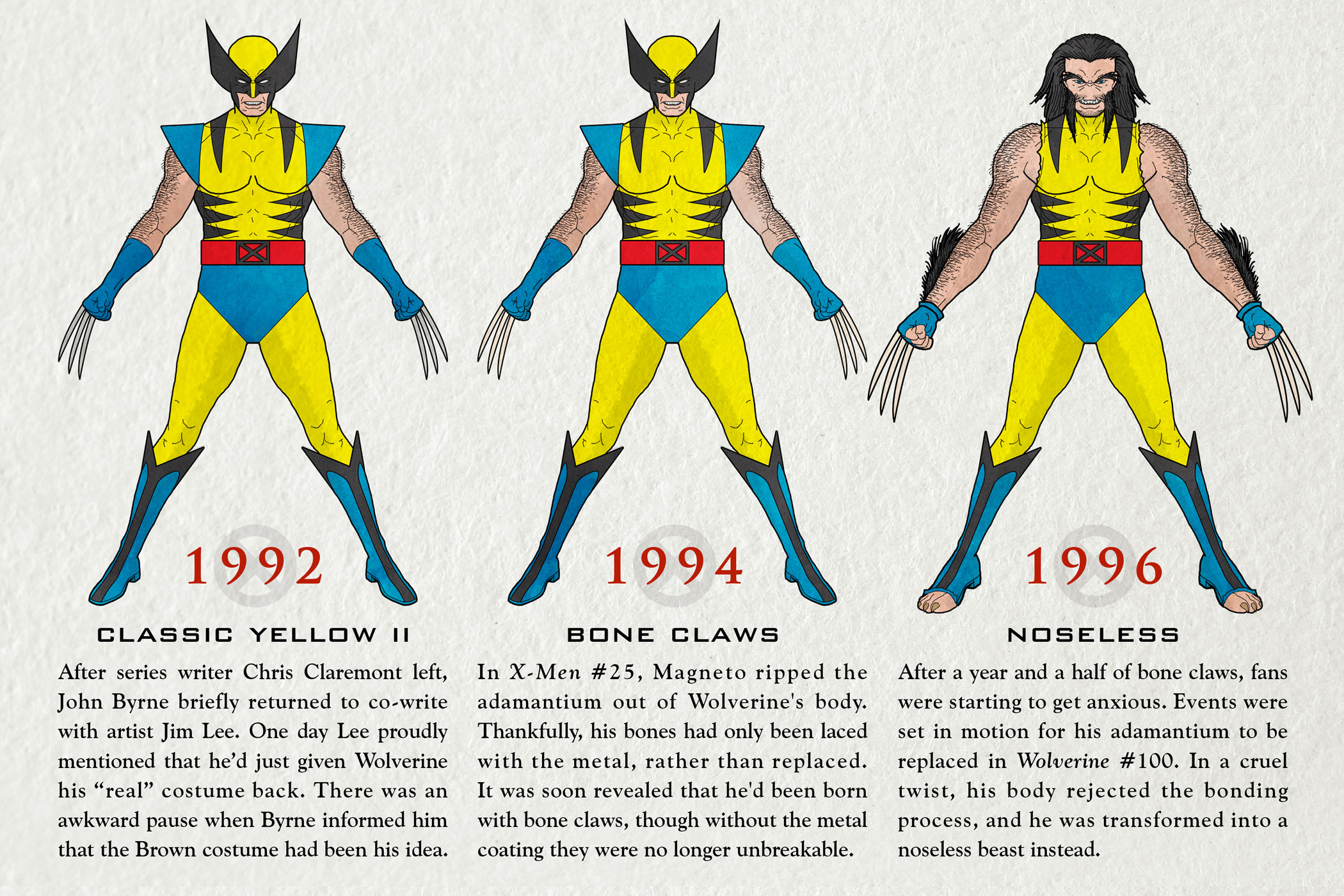
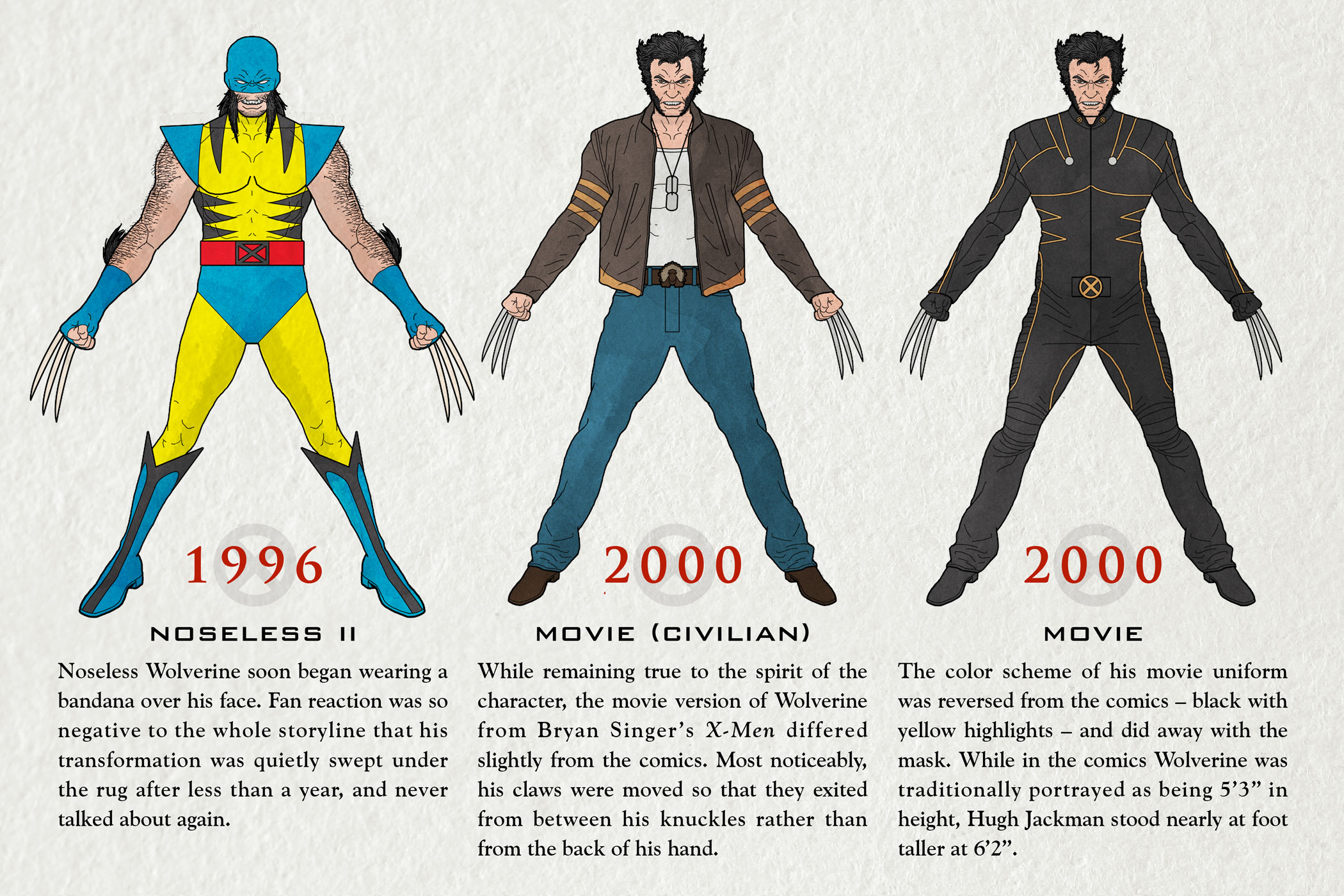
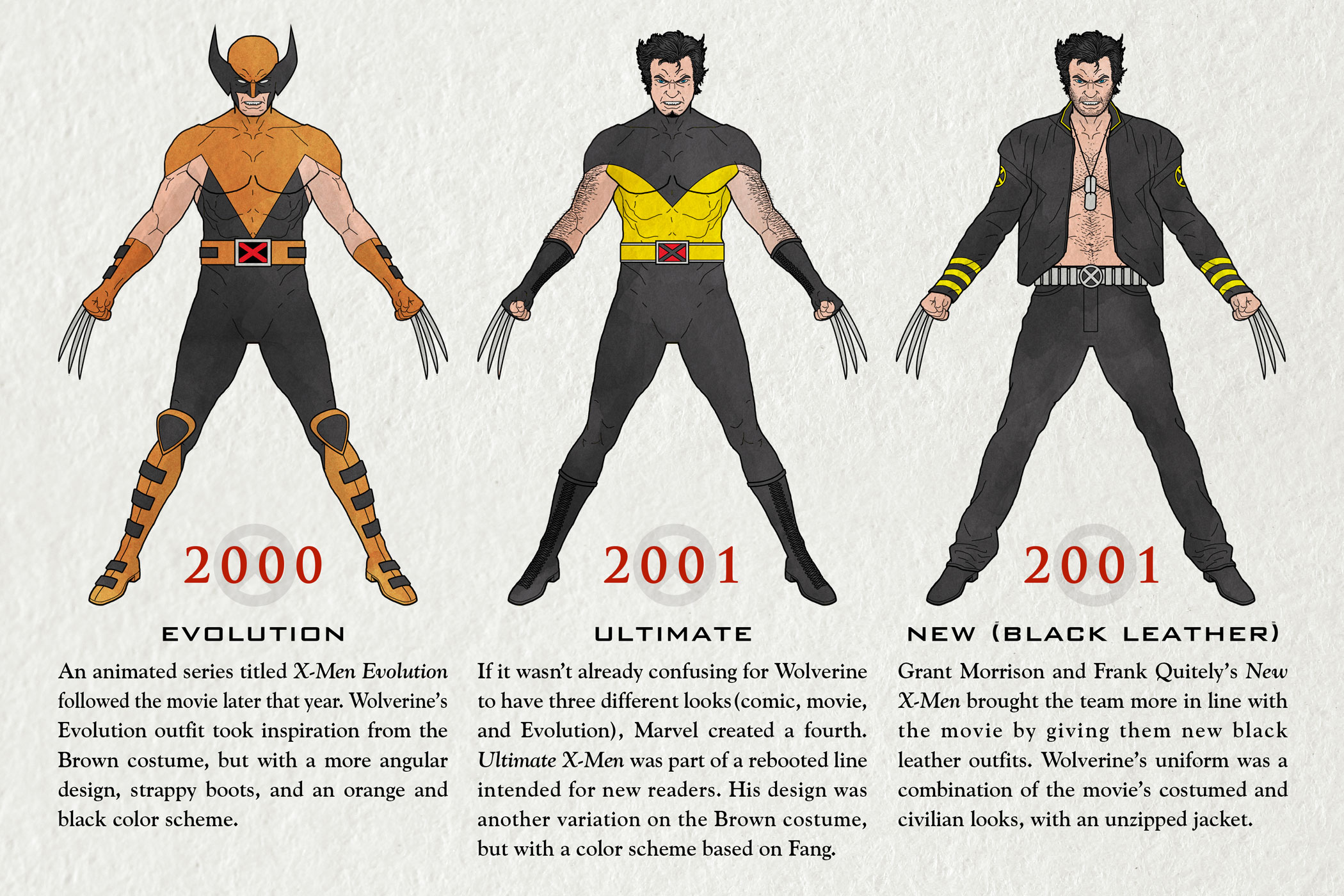
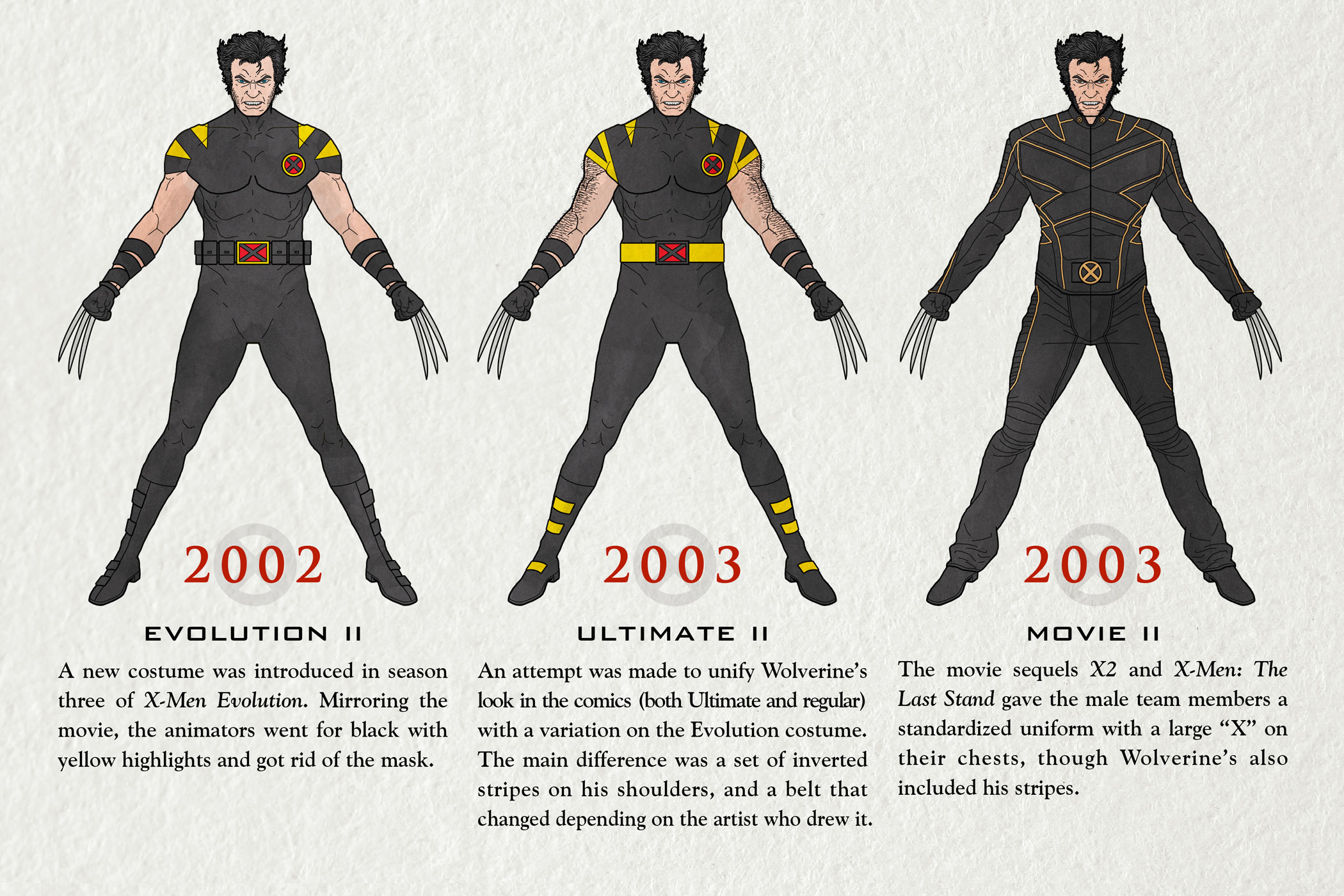
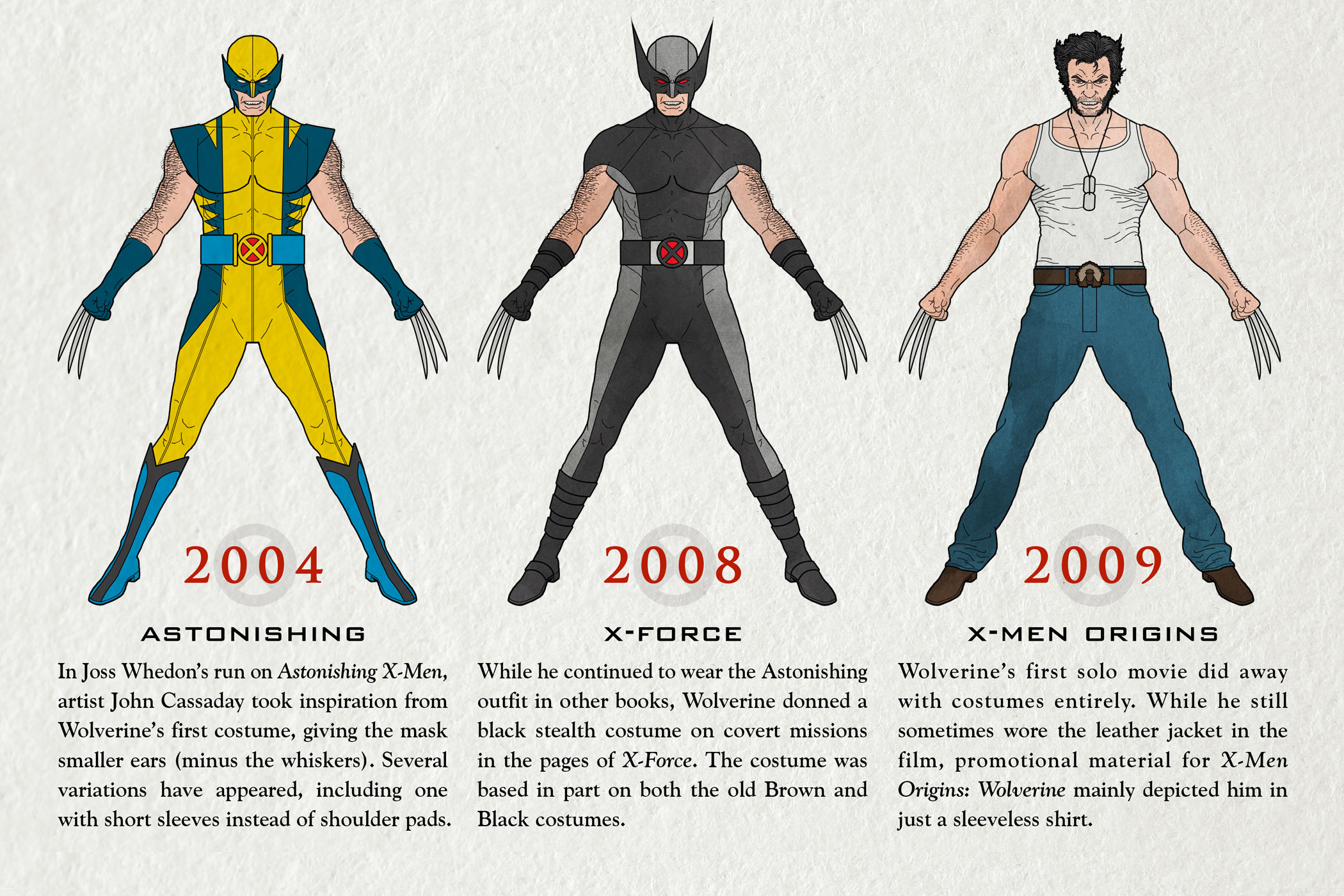
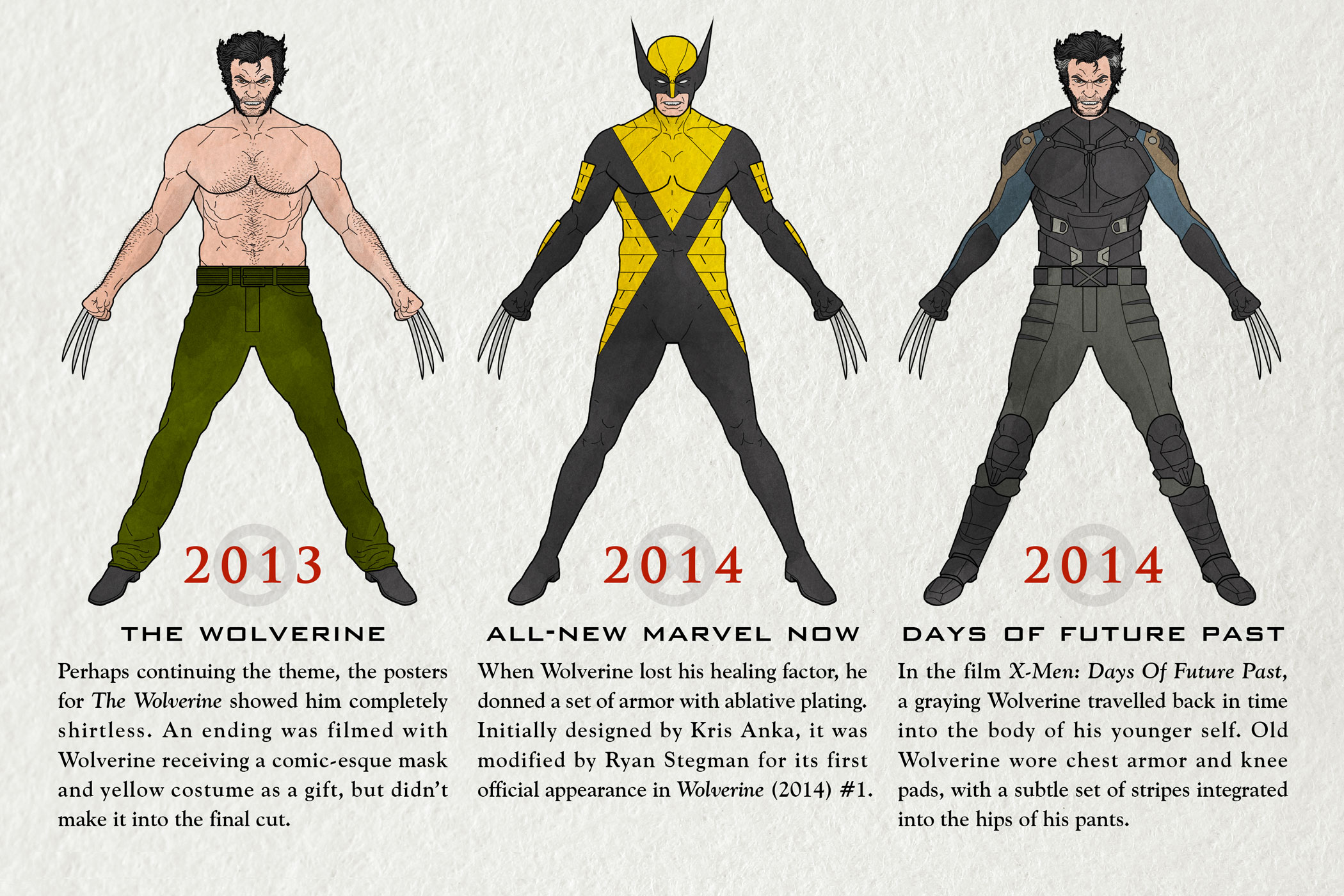
During the Ultron rollout, you had a couple of cases where the actors went off script, like Jeremy Renner and Chris Evans calling Black Widow a slut. How much anxiety did that create for you?
FEIGE Well, it’s never fun when stuff spins out — particularly today, anything goes, starts trending and becomes the biggest deal in the world. All of those actors are the sweetest, kindest people in the world. Everyone gets loopy on a junket. You’re around the world, you land at two in the morning, you don’t know what day it is. So now those things get picked up and serviced and sent around the world. At least, in the instances that occurred on Avengers, it was just people being loopy and not thinking.
So, Paul, have you also started shooting your scenes in Captain America: Civil War?
RUDD I did a couple of weeks ago.
And are you team Iron Man or team Captain America?
RUDD Those are government secrets. I was telling Kevin, it was the first time I really felt like I was in it. I started working on Ant-Man a couple of years ago, and I’ve been so immersed in it. But we’ve been shooting it in a bubble. When I went to the set of Civil War, I was 10 years old. There’s Captain America, there’s Iron Man. And not only that, but I’m doing scenes with them, calling them by their names. That feeling of excitement, the surreal nature of it is the best, it was great. I really felt for the first time part of the Marvel Universe.
This article originally appeared on The Hollywood Reporter
More from The Hollywood Reporter:
‘Ant-Man’ TV Spot Showcases Iron Man, Thor and More Heroes Not Actually in ‘Ant-Man’
‘Ant-Man’ Returns to His Roots, Teases New Relationships in New Movie Images
Why Marvel’s ‘Ant-Man’ Trailer Was a Small, But Important, Misstep (Analysis)
‘Ant-Man’ TV Spot Showcases Iron Man, Thor and More Heroes Not Actually in ‘Ant-Man’
‘Ant-Man’ Returns to His Roots, Teases New Relationships in New Movie Images
Why Marvel’s ‘Ant-Man’ Trailer Was a Small, But Important, Misstep (Analysis)
More Must-Reads From TIME
- The 100 Most Influential People of 2024
- Coco Gauff Is Playing for Herself Now
- Scenes From Pro-Palestinian Encampments Across U.S. Universities
- 6 Compliments That Land Every Time
- If You're Dating Right Now , You're Brave: Column
- The AI That Could Heal a Divided Internet
- Fallout Is a Brilliant Model for the Future of Video Game Adaptations
- Want Weekly Recs on What to Watch, Read, and More? Sign Up for Worth Your Time
Contact us at letters@time.com